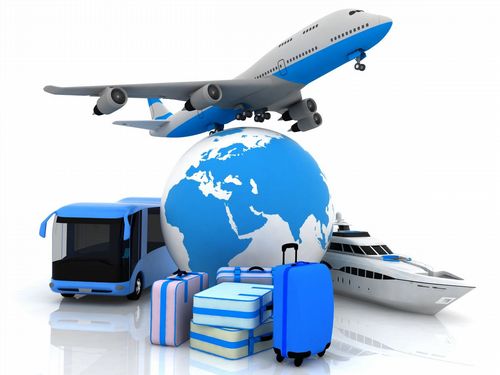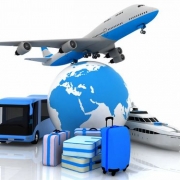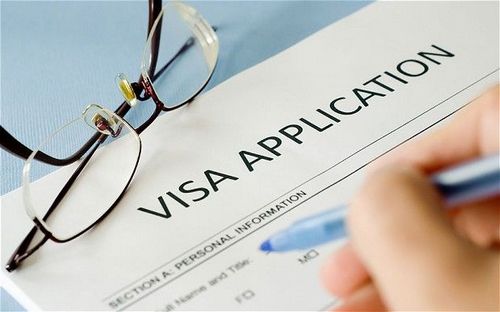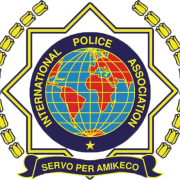IPA was founded in 1950 in Great Britain and is the largest police organisation in the world with more than 380,000 members in 63 countries. It is open to every serving and retired police officer irrespective of rank, sex, race, colour, language or religion. It is a democratic body where every position is open to all persons from the Branch Officer to the International President.
IPA has an NGO Consultative Special Status with the Economic and Social Council of the UN and with the Council of Europe. It is committed to the principles set out in the Universal Declaration of Human Rights and recognizes that any form of torture is absolutely inconsistent with those ideals.
IPA is not a governmental or political organisation and has nothing to do with trade unions. It is an organisation and its common aim is to assist police officers and their families.
The main aims and objectives of IPA are:
(a) Cultivating friendly relations and mutual assistance between members at home and abroad;
(b) Developing cultural relations amongst members and broadening their knowledge;
(c) Encouraging the exchange of police related experiences to contribute to a mutual understanding of professional problems;
(d) Providing a better understanding among people to secure peace in the world; and
(e) Endeavoring to enhance the image of the police service, improving relationships between citizens and the police.
COMPOSITION AND SEAT
The IPA consists of National Sections that work together in order to attain a common set of goals. All decisions are taken by the International Executive Council IEC that meets every year and are binding all Sections.
The Seat of the Association is in Switzerland and the main office is in Nottingham.
ADMINISTRATION
The Supreme Body of the Association is the International Executive Council that is composed of one delegate from each National Section and the Permanent Executive Bureau.
COMPOSITION OF THE PEB (Click here for more)
- The Permanent Executive Bureau is elected every three years and is composed of:
- International President
- International Vice Presidents (3)
- International Secretary General
- Assistant International Secretary General
- International Treasurer
- Assistant International Treasurer
INTERNATIONAL COMMISSIONS
To carry out the aims and objectives of the Association there are 5 International Commissions that are the working tools of the PEB. The Commissions are:
1) International Professional Commission (IPC)
2) International Cultural Commission (ICC)
3) International Social Commission (ISC)
4) International Commission for External Relations (ERC)
5) International Internal Commission (IIC)
Each Commission is chaired by a PEB member.
TASKS OF THE COMMISSION
INTERNATIONAL PROFESSIONAL COMMISSION (IPC)
Police Development, Police Structure, Police History – book listing of ranks, police museums, etc.
Crime Development, Criminology, Crime Prevention
Police Techniques
Traffic Matters
Police Placement Programme – Exchange of Police Officers
Police Professional Training – IBZ Gimborn (seminars) situated in Germany
INTERNATIONAL CULTURAL COMMISSION (ICC)
Promotion of Cultural Activities – International Painting Competition (Florence, Italy)
Matters regarding IPA radio amateurs
International Youth Gatherings – hosted every year by one Section for youths 15-17 years old
IPA Scholarships
International Competitions (Essay Competition)
INTERNATIONAL SOCIAL COMMISSION
Promotion and co-ordination of social activities
International Sport Events and International Championships
Matters regarding IPA Houses – 68 in 17 Sections plus 43 other accommodations
Matters regarding IPA Travel – Travel Form
International Youth Exchange Programme – youths attached to families
Emergency Aid in Catastrophes – Appeals for donations, etc.
INTERNATIONAL COMMISSION FOR EXTERNAL RELATIONS
Proposals for participation in UN Conferences
Attitude towards UN requests
Collect UN information for our publications
Representatives in New York, Geneva, Vienna, Paris (UNESCO), Strasbourg (Council of Europe), Brussels for EU
INTERNATIONAL INTERNAL COMMISSION
Examination of National Statutes
Preparation for admission of new sections
As you see, IPA offers a lot to its members. What we want from our members is to assist their colleagues when in need of any kind of assistance. In addition, we ask our members to assist the police to enhance their image and try to get closer to the public.
This is our top priority because by getting the police closer to the public, the public will recognise and understand the mission of the police and will help to combat crime, drug trafficking and traffic problems.
NATIONAL SECTIONS
Have the same structure
Are independent and are administered by the National Executive Committee
National Statutes based on the International Statutes and Rules
FINANCE
Annual contribution (levy CHF 2.00 per member)








